Hi there, pet lovers! 🐙
Octopuses are among the most intelligent, mysterious, and captivating creatures in the ocean—and for some, they make an extraordinary (if challenging) pet. With their problem-solving skills, camouflage abilities, and almost alien-like behavior, they are unlike any other animal you could keep in captivity.
But are they the right pet for you?
This in-depth review will cover everything you need to know about keeping an octopus—from their unique biology and temperament to the complex care they require. Whether you’re seriously considering an octopus or just fascinated by these eight-armed wonders, this guide will help you understand what it truly takes to care for one.
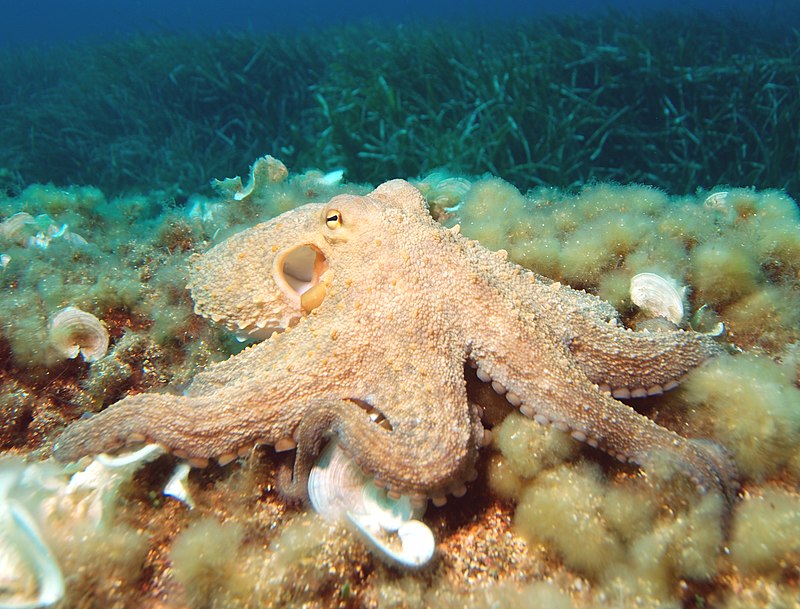
Overview
Octopuses (Octopoda) are highly intelligent, short-lived marine invertebrates known for their problem-solving skills, camouflage abilities, and escape-artist tendencies. Here’s a quick summary of what makes them stand out:
- Handling and Temperament: Not a hands-on pet; interaction is mostly observational.
- Care and Maintenance: Extremely demanding—requires a specialized saltwater setup.
- Health and Durability: Short lifespan (1-5 years, depending on species) and sensitive to water conditions.
- Availability: Can be found through specialty marine suppliers but not common in pet stores.
- Cost: Moderate to high, depending on species and tank setup.
- Overall: Only recommended for experienced saltwater aquarists willing to meet their complex needs.
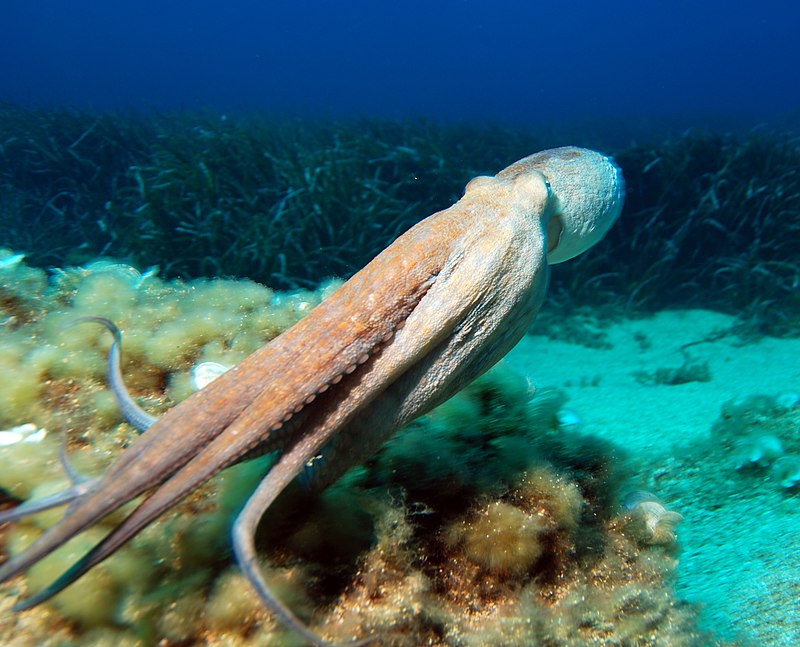
Why Choose an Octopus?
Octopuses are not beginner pets. They are best suited for advanced hobbyists who:
- Have experience with marine aquariums and understand water chemistry.
- Are fascinated by animal intelligence and don’t need a cuddly companion.
- Can provide constant mental stimulation (they get bored easily!).
- Accept their short lifespan (most species live 1-3 years).
If you’re looking for a pet that feels like keeping a wild, alien genius in a tank, an octopus might be for you. But if you want something low-maintenance or interactive in a traditional sense, this isn’t the right choice.
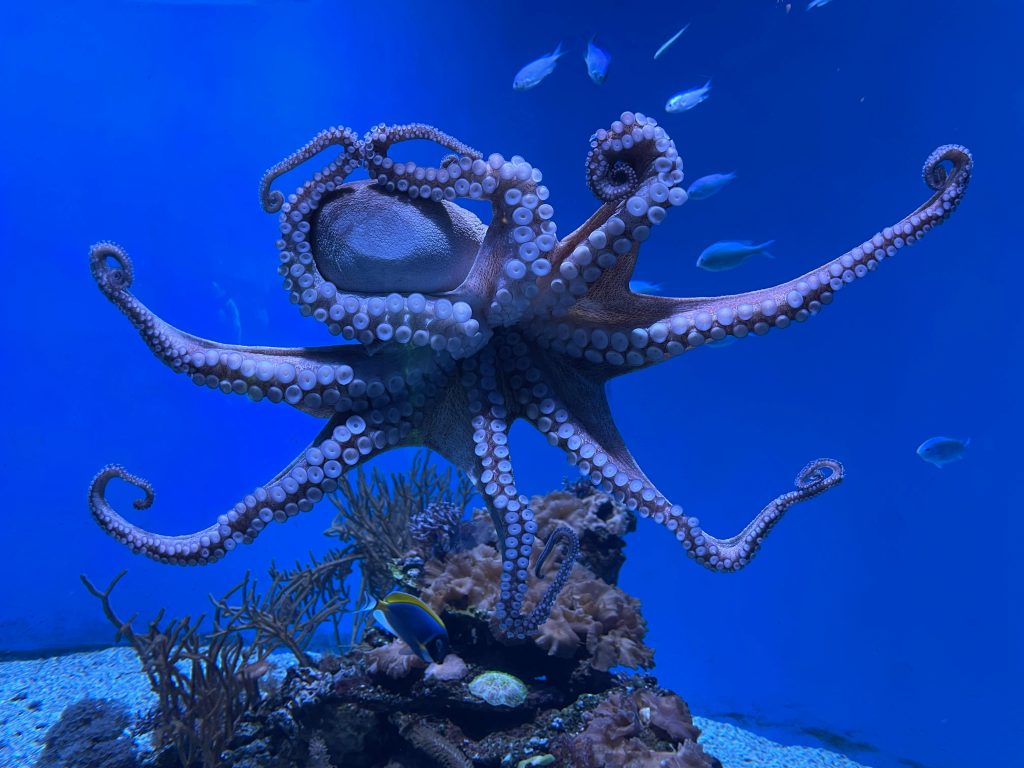
Handling and Temperament
Not a Pet You “Handle”
Unlike dogs or even reptiles, octopuses are not pets you can hold or cuddle. They are solitary, curious, and sometimes mischievous, but they don’t enjoy being handled. In fact, unnecessary contact can stress them out.
Personality Variations
- Some octopuses are shy and reclusive, hiding most of the time.
- Others are bold explorers, constantly testing their tank’s limits.
- Many recognize their owners and show curiosity when approached.
Do Octopuses Bite?
- They have a sharp beak (like a parrot’s) and can deliver a painful bite if threatened.
- Most species have mild venom, but the blue-ringed octopus is deadly—never keep one as a pet!
- They usually only bite if they mistake a finger for food or feel threatened.
Interaction Tips
- Never force handling—let the octopus come to you (if at all).
- Watch for color changes (turning white or dark can signal stress).
- Provide mental stimulation (puzzle feeders, toys, and tank changes).
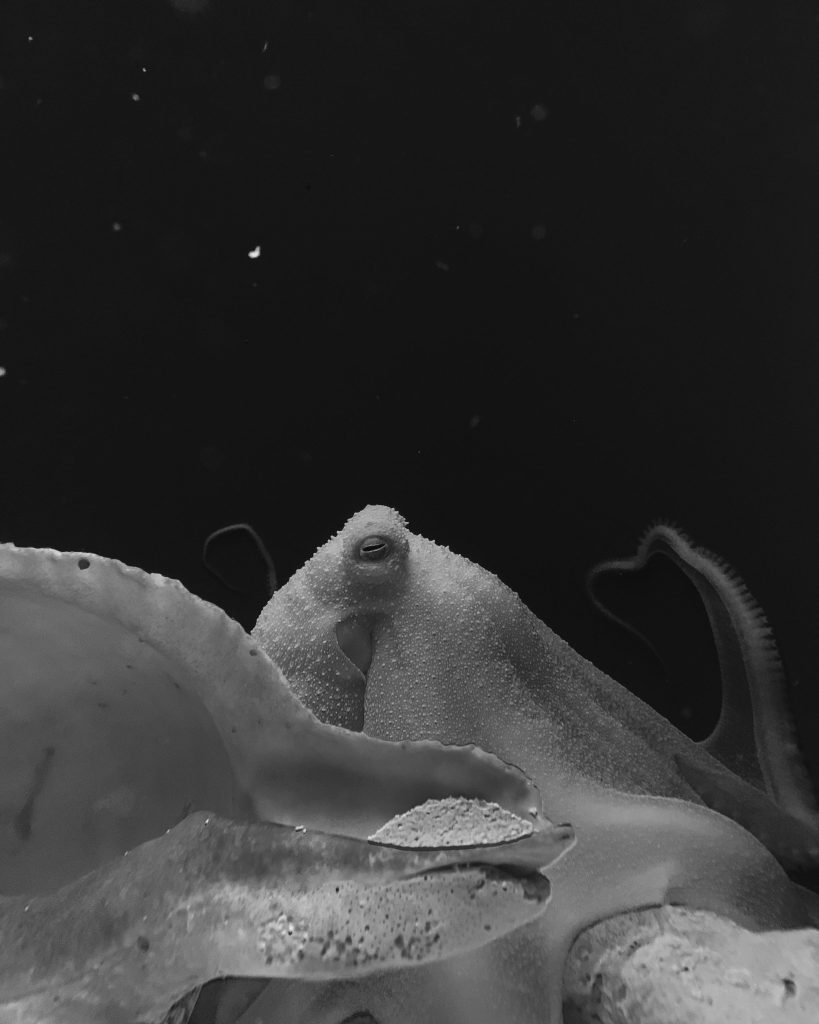
Care and Maintenance
Tank Setup: Escape-Proofing Is Critical
- Minimum Tank Size: 50+ gallons (larger for bigger species like the Giant Pacific Octopus).
- Lid Security: They can squeeze through tiny gaps—use a locking, weighted lid with no openings.
- Substrate & Decor: Sand or fine gravel, live rock, PVC pipes, and caves for hiding.
- Water Flow: Moderate—they don’t like strong currents.
Water Conditions (Non-Negotiable!)
- Salinity: 1.023-1.026 SG (marine-specific hydrometer needed).
- Temperature: Varies by species (typically 72-78°F).
- pH: 8.0-8.4.
- Ammonia/Nitrites: Must be 0—octopuses are extremely sensitive to toxins.
- Copper-Free: Even trace amounts are lethal (check pipes, medications, and equipment).
Feeding: Carnivorous & Messy
- Diet: Live/frozen crabs, shrimp, clams, and small fish.
- Frequency: Daily or every other day (they have high metabolisms).
- Enrichment: Use puzzle feeders (jars, balls) to keep them engaged.
Filtration & Maintenance
- Protein skimmer (essential for waste removal).
- Strong biological filtration (canister or sump recommended).
- Frequent water changes (10-20% weekly).
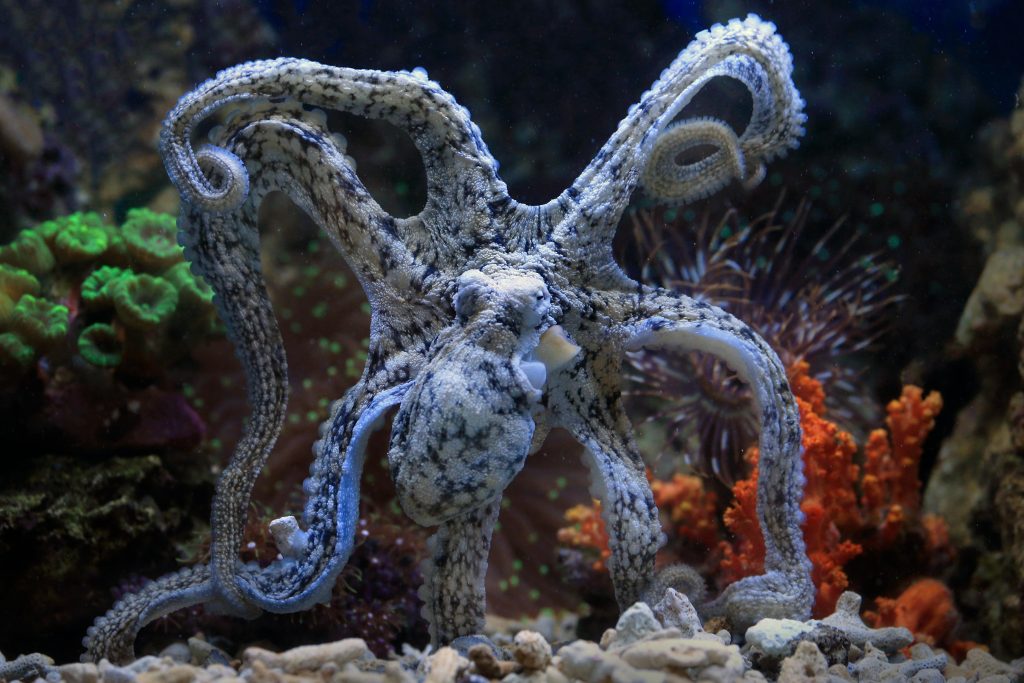
Health and Durability
Short Lifespan
Most octopus species live 1-3 years, with some smaller ones surviving only 6-12 months. Their short life is natural, not due to poor care.
Common Health Issues
- Ink release (can foul water—emergency water change needed).
- Stress-related illnesses (from poor water quality or boredom).
- Self-harm (some may damage arms if stressed).
Preventative Care
- Stable water parameters (test daily at first).
- Minimal disturbances (avoid loud noises/vibrations).
- Enrichment (prevents boredom and stress).
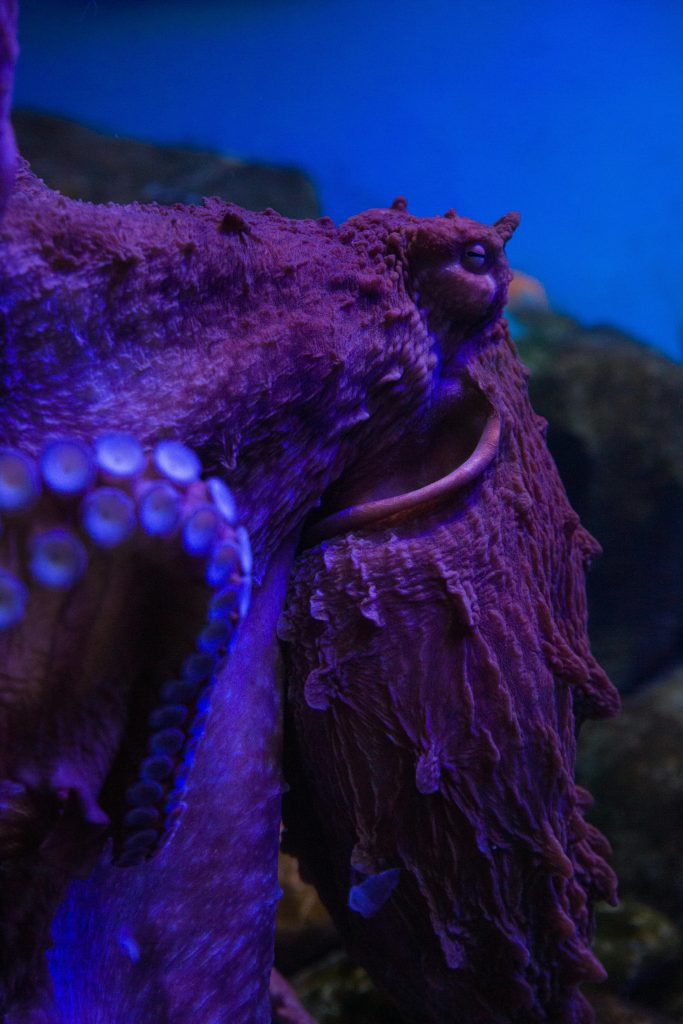
Availability and Cost
Where to Buy
- Specialty marine suppliers (online or at aquarium stores).
- Aquarium expos (rare, but sometimes available).
- Avoid wild-caught unless from a trusted source (many have parasites).
Cost Breakdown
- Octopus: $50 to $300 (depending on species).
- Tank Setup: $500 to $2000+ (marine tanks are expensive!).
- Ongoing Costs: Food, salt mix, electricity (running chillers/heaters).
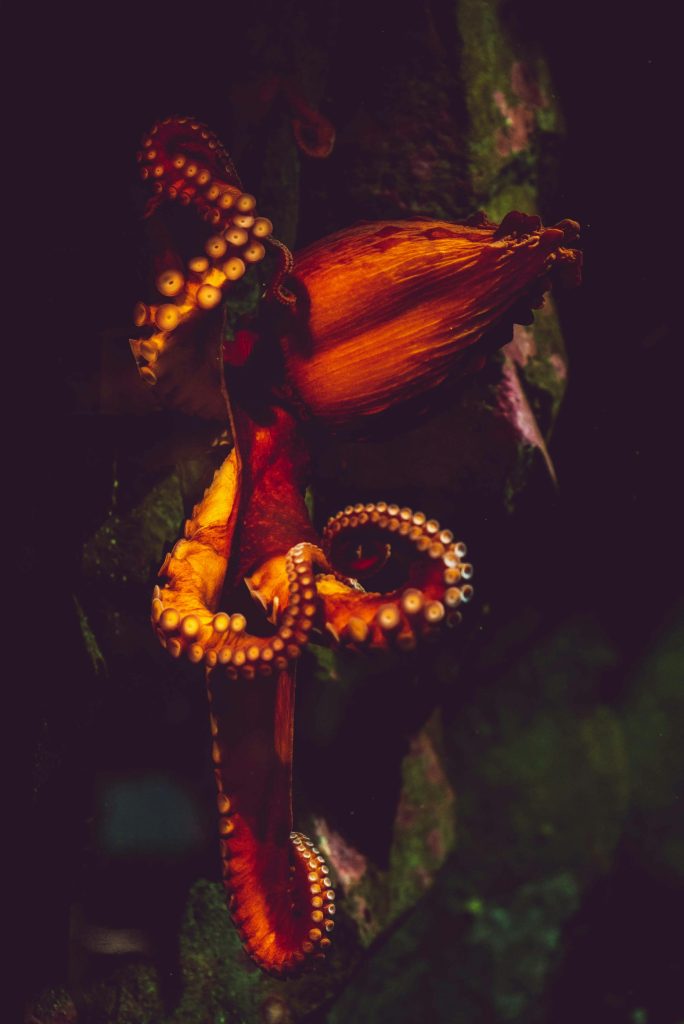
Pros and Cons
Pros
✔ Fascinating intelligence (can solve puzzles, learn routines).
✔ Unique behaviors (camouflage, jet propulsion, tool use).
✔ Minimal space needed (compared to large fish or mammals).
Cons
✖ Extremely high maintenance (water quality must be perfect).
✖ Short lifespan (1-3 years for most species).
✖ Not interactive in a traditional pet sense.
✖ Escape risk (they are master Houdinis).
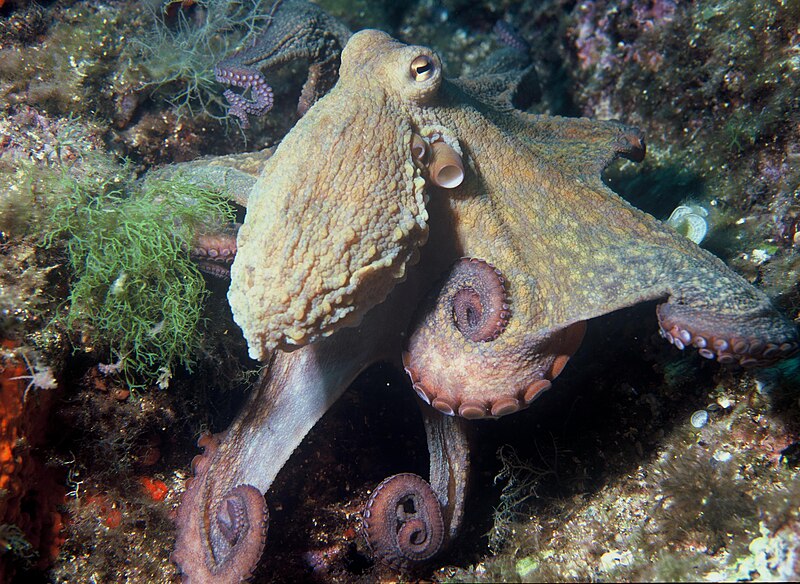
Final Thoughts
Octopuses are incredible creatures, but they are not pets for everyone. They require expert-level care, a well-sealed tank, and constant attention to thrive.
Recommended for:
- Experienced marine keepers who understand advanced aquarium care.
- Those who enjoy observation over interaction.
- Hobbyists willing to invest time and money into a short-lived but extraordinary pet.
If you’re up for the challenge, an octopus can be one of the most rewarding and mind-blowing pets you’ll ever keep. But if you’re new to aquariums or prefer a more hands-on companion, consider starting with something easier, like a crested gecko or betta fish.
Have you ever kept an octopus? Share your experiences below! And for more deep dives into exotic pets, stay tuned to our blog. 🐙
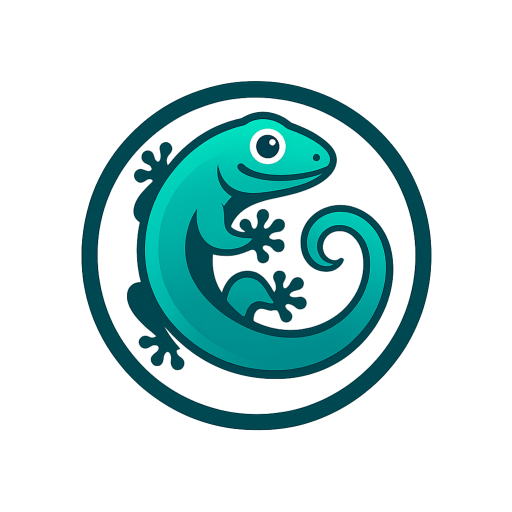
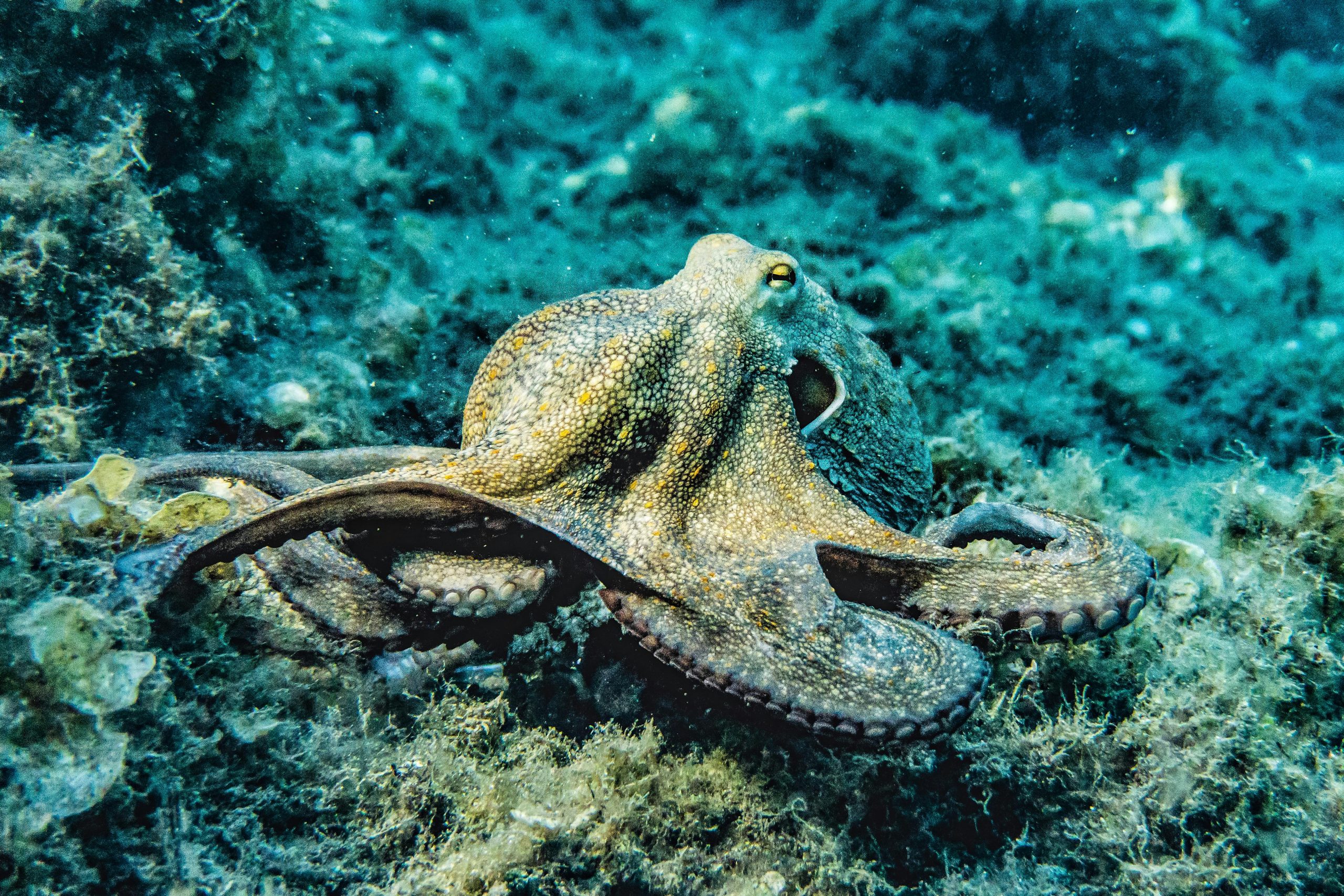

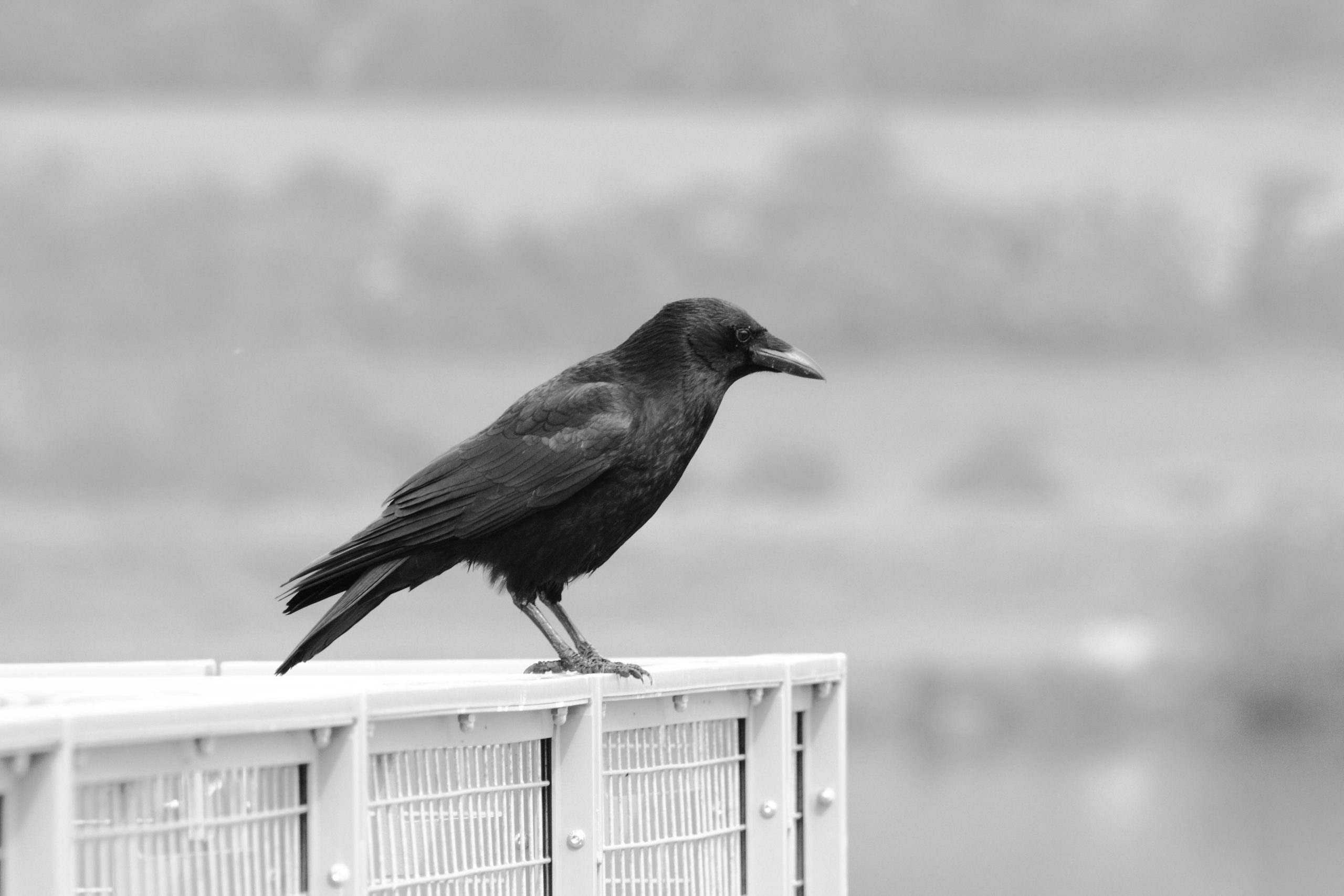
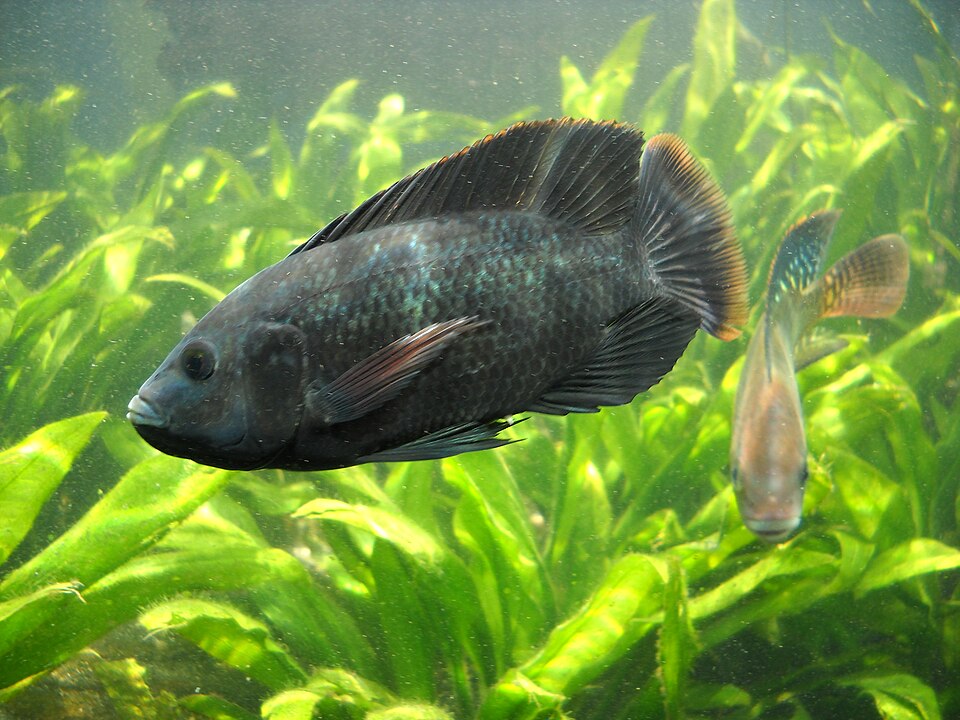
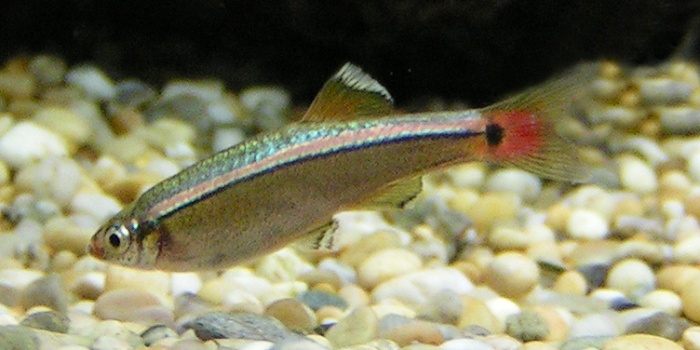
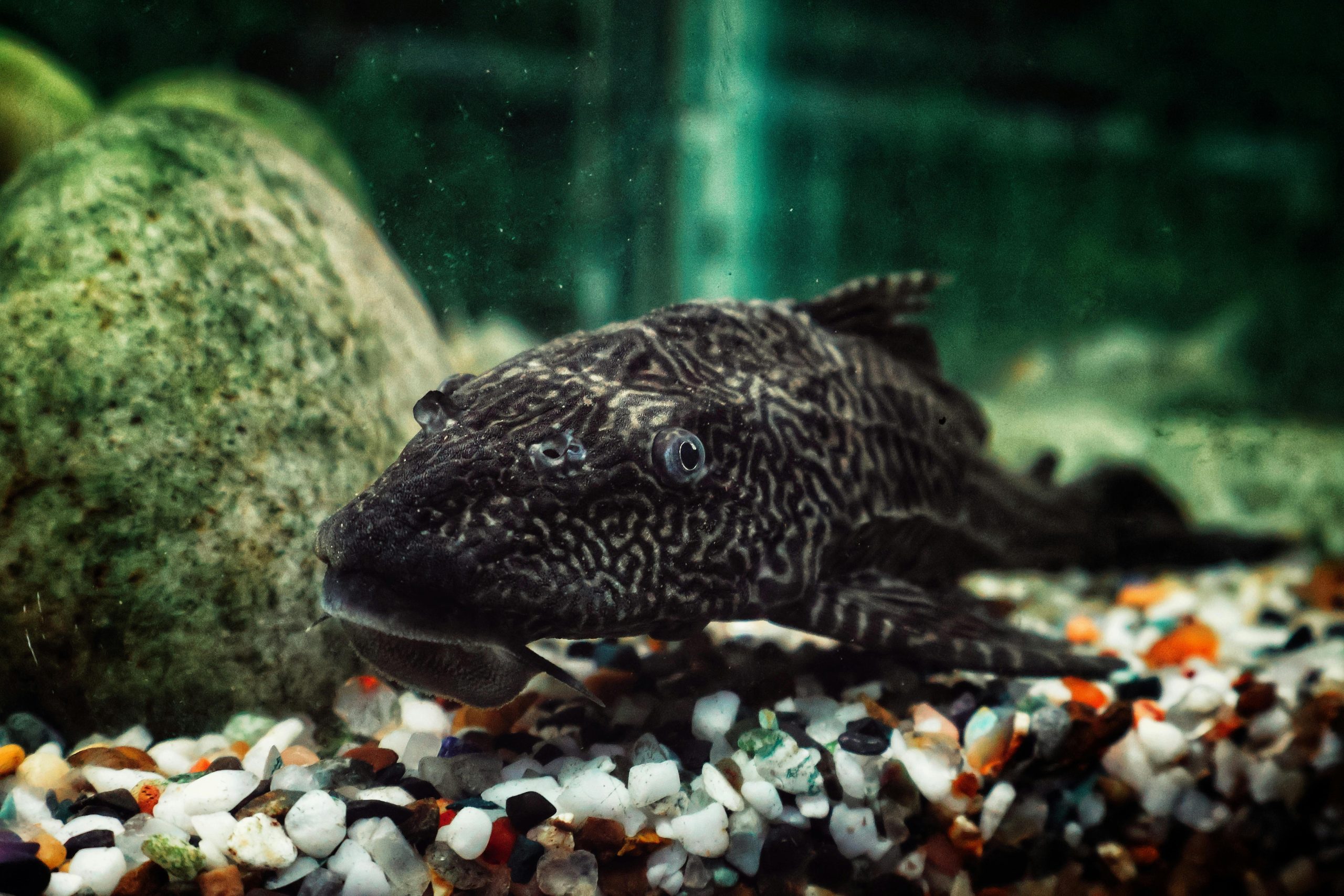
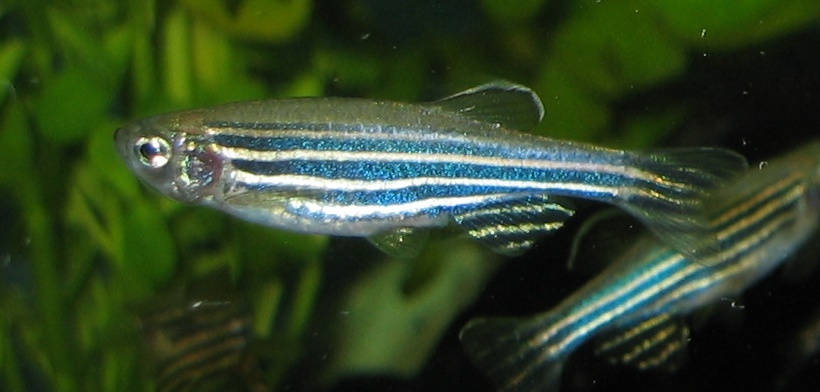
Leave a Reply